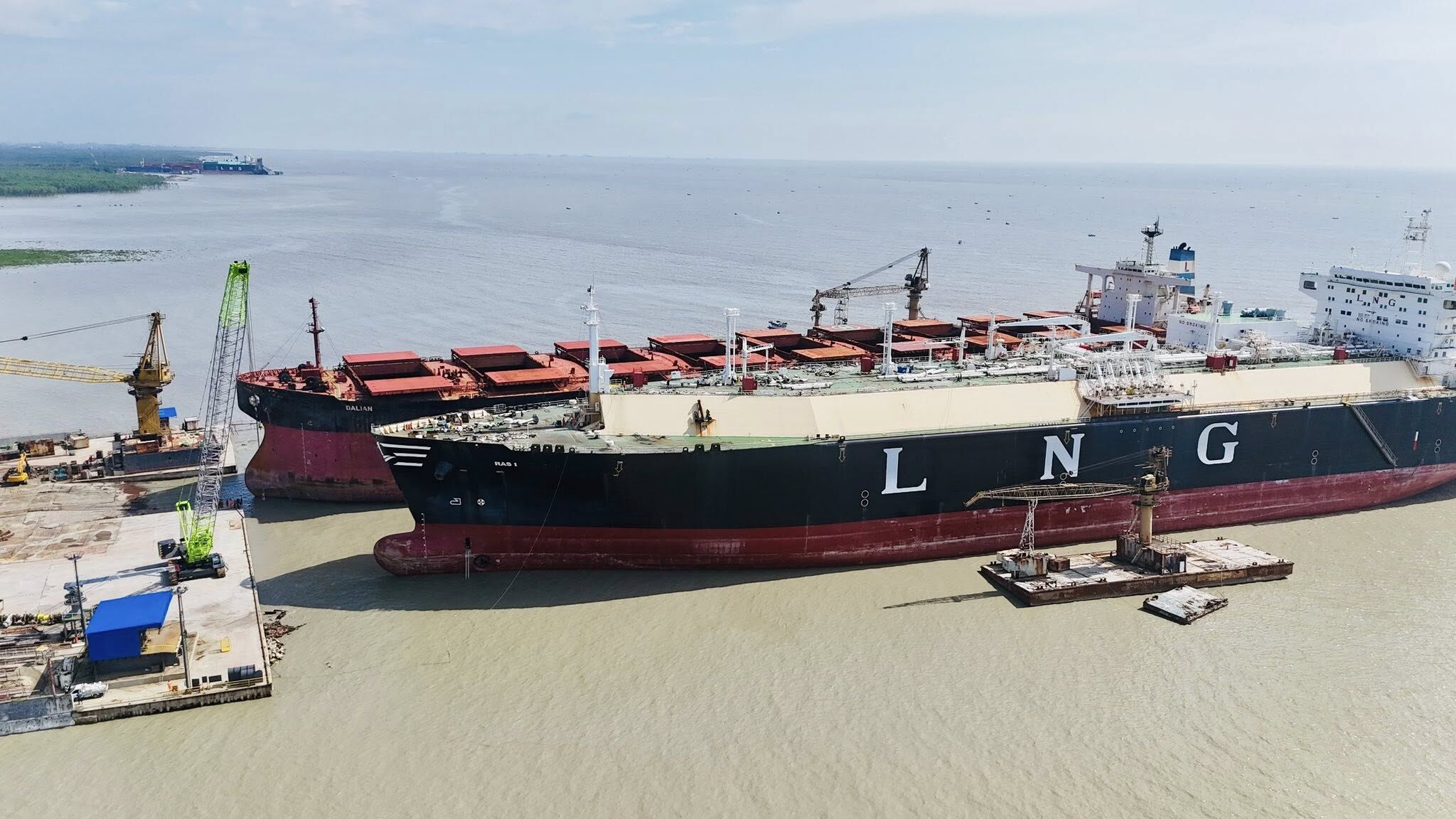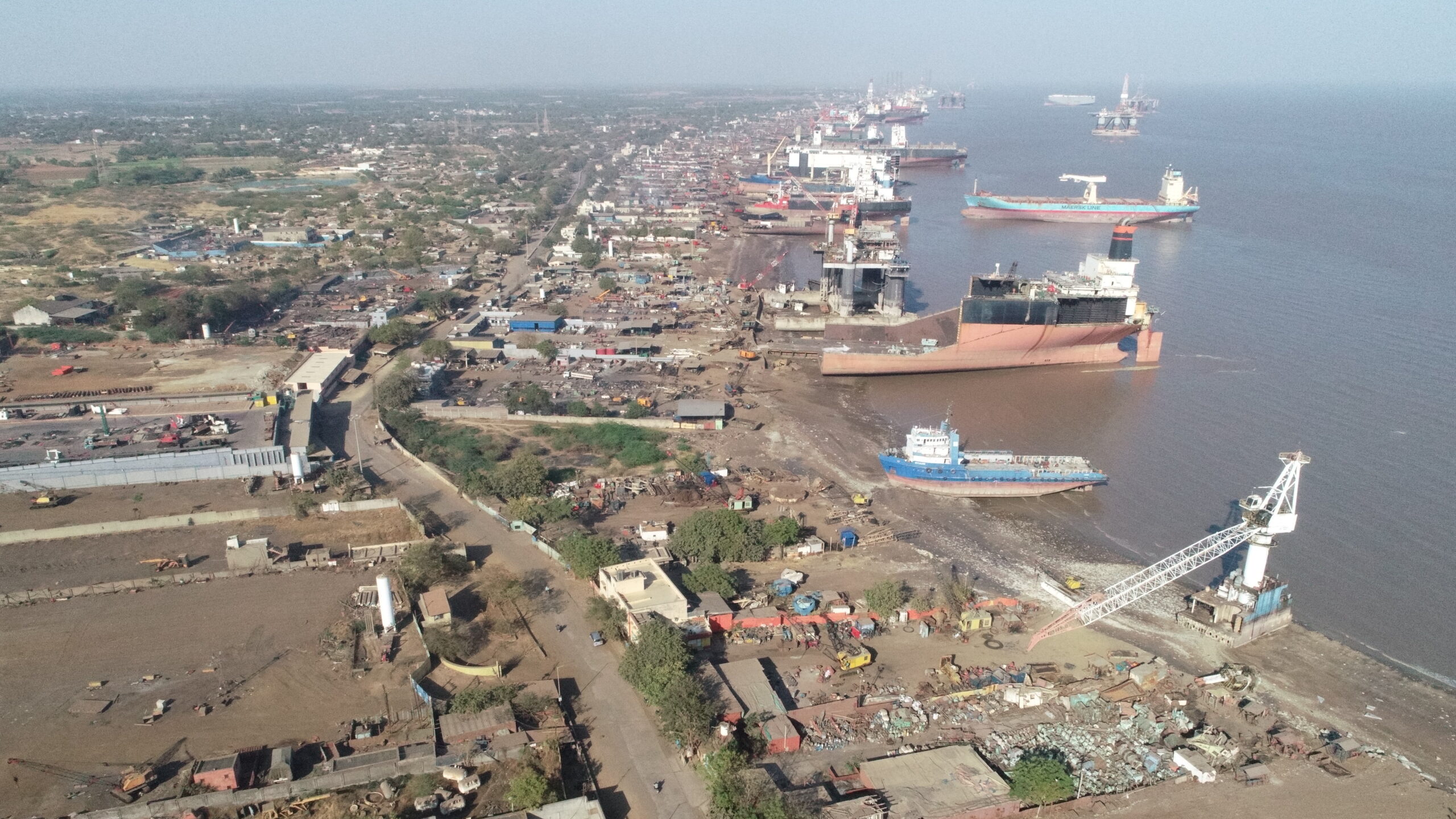Somali Fishermen’s Desperation Fuels Hijacking of Chinese Trawler Amid Rising Tensions

Mogadishu, Somalia – The hijackers’ names have been changed for anonymity.
Liban Hassan, a 32-year-old fisherman from the coastal town of Eyl in Somalia’s Puntland state, has spent most of his life navigating the waters off the country’s northeastern shores. With a net in hand, fishing has been his livelihood for as long as he can remember. But late last year, desperation and frustration pushed him to trade his net for a gun.
Hassan, along with a group of locals, hijacked a Chinese fishing trawler off the Puntland coast, holding its crew hostage for seven weeks. The incident ended peacefully this week, with both the ship and the hostages released. Yet, the hijacking has drawn global condemnation and reignited discussions about illegal fishing and its impact on Somali coastal communities.
In a statement, the Chinese embassy in Somalia “strongly condemned this vicious action which threatened the safety of the crew and international navigation security.” However, for many in Puntland’s coastal towns, the incident is emblematic of deeper grievances. Local fishermen accuse foreign vessels of overfishing, polluting their waters, and robbing them of their livelihoods.
“We Are Not Pirates”
“We are not pirates. We are a community under siege,” Hassan told Al Jazeera in December, speaking from the seized trawler. He described the growing despair among local fishermen, who feel powerless as foreign ships deplete marine resources critical to their survival.
Fishing is a way of life in Puntland’s coastal communities, and locals have watched with dismay as foreign trawlers operate with impunity, taking fish, lobsters, and other marine life while leaving destruction in their wake. “When we go out to sea, they shoot at us, destroy our boats, and prevent us from feeding our families,” Hassan claimed.
While some locals agree that illegal fishing must be addressed, others believe acts of piracy only worsen their plight. “The trawlers come here and take everything from our seas,” Hassan lamented. “They pollute the waters and leave us with nothing.”
A Longstanding Issue
The roots of Somalia’s maritime woes can be traced back to 1991, when the country’s central government collapsed. With no authority to regulate its territorial waters, foreign vessels began exploiting Somalia’s rich marine resources. This unchecked exploitation eventually gave rise to Somali piracy in the 2000s, as local fishermen sought to defend their waters.
By the early 2010s, piracy declined due to international naval interventions, including the European Union’s Operation Atalanta. While commercial shipping routes became safer, local fishermen say the absence of piracy opened the floodgates for foreign trawlers, resulting in overfishing and environmental damage.
Hassan and others argue that the surge in illegal fishing has become intolerable. “Our oceans are under attack,” he said. “We see these ships from our shores, taking what belongs to us and leaving nothing behind.”
The Hijacking
The hijacking occurred in the early hours of November 25, when Hassan and his group boarded the Chinese trawler near the Garmaal area of Puntland. Somali law prohibits trawlers from operating within 24 nautical miles (44.5km) of the shore, reserving these waters exclusively for local fishermen. However, Hassan said the trawler was only 2 miles (3.2km) from the coast.
“We watched the ship routinely,” Hassan explained, without revealing specifics about their surveillance methods. “They shouldn’t have been there. But this wasn’t the first time Chinese trawlers got so close to our shore. This made it easy for the ship to fall into our hands.”
International reports corroborate the claim that the vessel was operating within Somali territorial waters. The Puntland Maritime Police Force and the European Union Naval Force (EUNAVFOR) both confirmed the location of the hijacking near Garmaal.
Mounting Frustration
Tensions in Puntland’s coastal areas had been simmering for weeks before the hijacking. Fishermen and community elders from towns like Garacad and Aluula voiced their anger over the foreign trawlers, accusing them of disregarding local laws and devastating marine ecosystems.
“That’s when we struck,” Hassan said, describing the hijacking as an act of defiance against a system that has ignored their plight.
While the release of the trawler and its crew marked the end of this particular incident, the underlying issues remain unresolved. Illegal fishing continues to fuel resentment in coastal communities, where many feel abandoned by both state and federal authorities.
A Call for Action
Experts and local leaders agree that addressing the root causes of piracy and illegal fishing requires a multifaceted approach. Strengthening maritime governance, enforcing fishing regulations, and providing economic alternatives for coastal communities are essential steps to prevent future incidents.
“The international community must understand that these young men are not born pirates,” said one community elder. “They are driven to these acts out of desperation. If their grievances are not addressed, the cycle will continue.”
As the dust settles on the hijacking, Hassan remains unapologetic. “We were forced into this,” he said. “All we want is to protect our waters and provide for our families. If no one helps us, we will help ourselves.”
The story of Hassan and his community underscores a harsh reality: without meaningful intervention, the waters off Somalia’s coast will remain a battleground—not just for fish, but for survival.
credit: https://www.aljazeera.com/features/2025/1/15/were-not-pirates-say-hijackers-aboard-chinese-ship-off-somalia-coast
Author: shipping inbox
shipping and maritime related web portal








